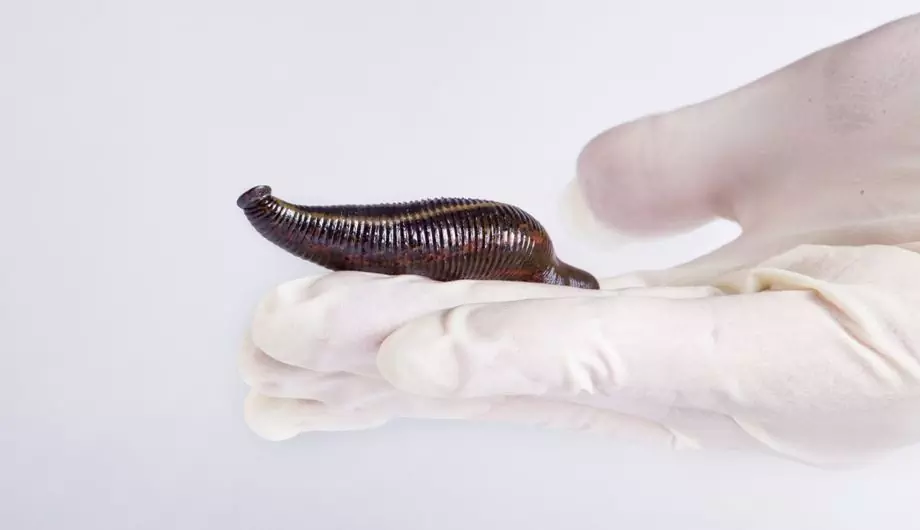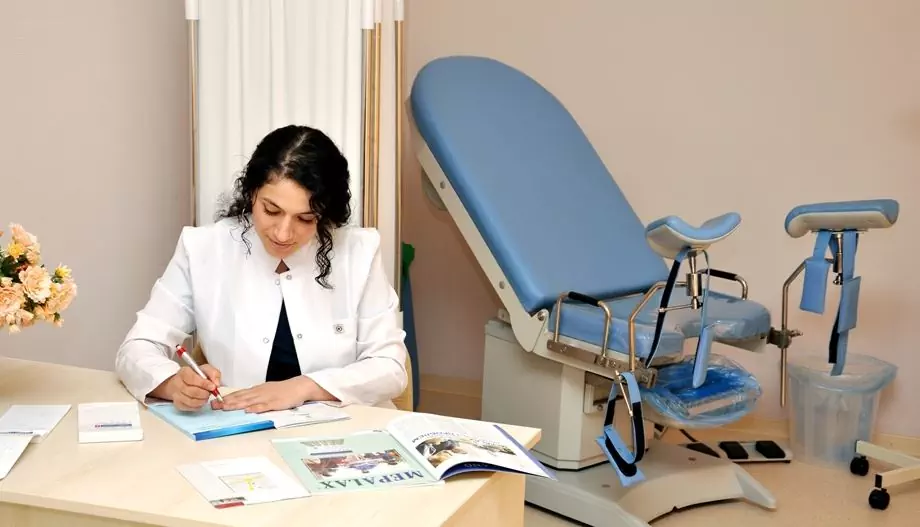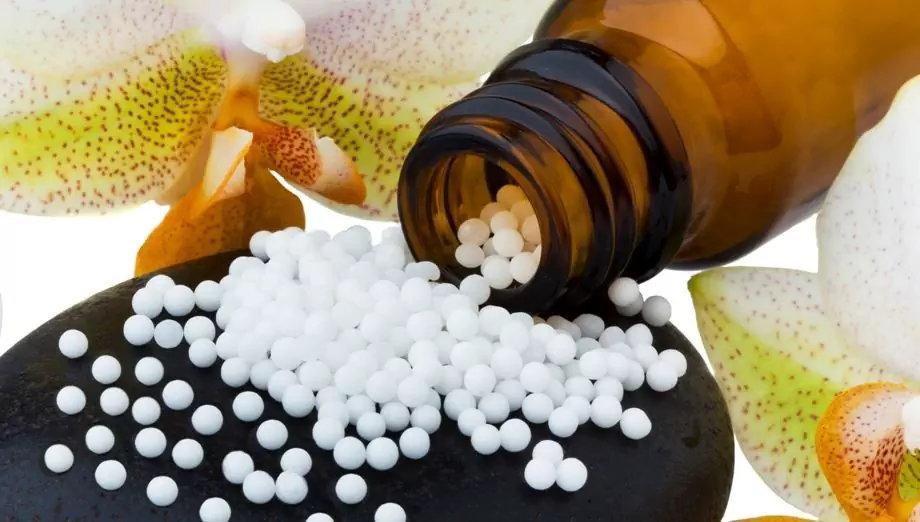- Author Rachel Wainwright wainwright@abchealthonline.com.
- Public 2023-12-15 07:39.
- Last modified 2025-11-02 20:14.
Hirudotherapist
A hirudotherapist is a medical specialist who uses medicinal leeches in the treatment.

Hirudotherapy cannot be classified as a new treatment. According to historical sources that have survived to this day, it was widely used by hirudotherapists in Ancient Greece. The word itself comes from "hirudo" - leech and "therapy" - treatment. Galen, Hippocrates, Avicenna wrote about the benefits and effectiveness of treatment with medicinal leeches, and hirudotherapists have long been considered broad specialists who can quickly and effectively cure many serious diseases.
The therapeutic effect of hirudotherapy
The therapeutic effect of hirudotherapy is a combination of mechanical, reflex and biological mechanisms.
Treatment with medicinal leeches is considered a fairly harmless method. It is based on bleeding caused by a sucked leech.
In addition to the fact that this helps to reduce venous stasis and increase the blood supply to the body area, substances that have an anti-inflammatory and analgesic effect enter the bloodstream.
There are about 30 types of healing effects that a medicinal leech has on the body. The most important of them are:
- General reflex;
- Immunostimulating;
- Thrombolytic;
- Anticoagulant;
- Antihypoxic;
- Anti-ischemic;
- Bacteriostatic;
- Decongestant;
- Hypotensive;
- Analgesic;
- Draining.
Hirudotherapist services
This method of treatment can only be performed by experienced medical professionals, usually therapists. As a rule, a hirudotherapist develops in each individual case both diagnostic methods and treatment regimens.
A hirudotherapy doctor can be helpful in treating a number of different diseases, including:
- Rheumatological diseases - rheumatoid arthritis, arthrosis, scleroderma;
- Skin diseases - pyoderma, scleroderma, hair loss, furunculosis, carbunculosis, psoriasis and eczema;
- Neurological diseases - neuritis and paresis;
- Ophthalmic diseases - keratitis and glaucoma;
- Gynecological problems - infertility, menstrual irregularities, mastopathy, erosion of the cervix and ovarian cysts;
- Diseases of the ENT organs - otitis media, diseases of the paranasal sinuses;
- Urological diseases - secondary infertility in men, prostate adenoma, chronic prostatitis and kidney disease;
- Metabolic disorders - obesity, diathesis and gout;
- Cardiac diseases - circulatory failure, hypertension, myocarditis, ischemic heart disease, myocardial infarction;
- Diseases of the cardiovascular system - thrombophlebitis, thrombosis of veins and arteries.
Also, a hirudotherapist can solve cosmetological problems associated with cellulite, poor complexion and wrinkles.
Since hirudotherapy is a fairly universal therapeutic method, it requires knowledge in many areas of medicine and the ability to develop individual treatment programs depending on the disease from the hirudotherapist.
Also, a hirudotherapist after a treatment course forms a scheme for the prevention of the disease and strengthening the immune system.
As a rule, a hirudotherapist prescribes a course of treatment up to 10 sessions, each of which lasts at least an hour. The leeches used in the treatment are used only once, which excludes the possibility of infecting other patients.
Contraindications to hirudotherapy
Before starting treatment, a hirudotherapist must study the medical indications of each patient, since there are a number of diseases in which treatment with leeches is contraindicated. Among them:
- Hemophilia;
- Hemorrhagic diathesis;
- Chronic anemia.
With all the safety of this treatment, hirudotherapists do not recommend such therapy during pregnancy, as well as against the background of hypotension and intolerance to the components of the leech saliva.
Found a mistake in the text? Select it and press Ctrl + Enter.






